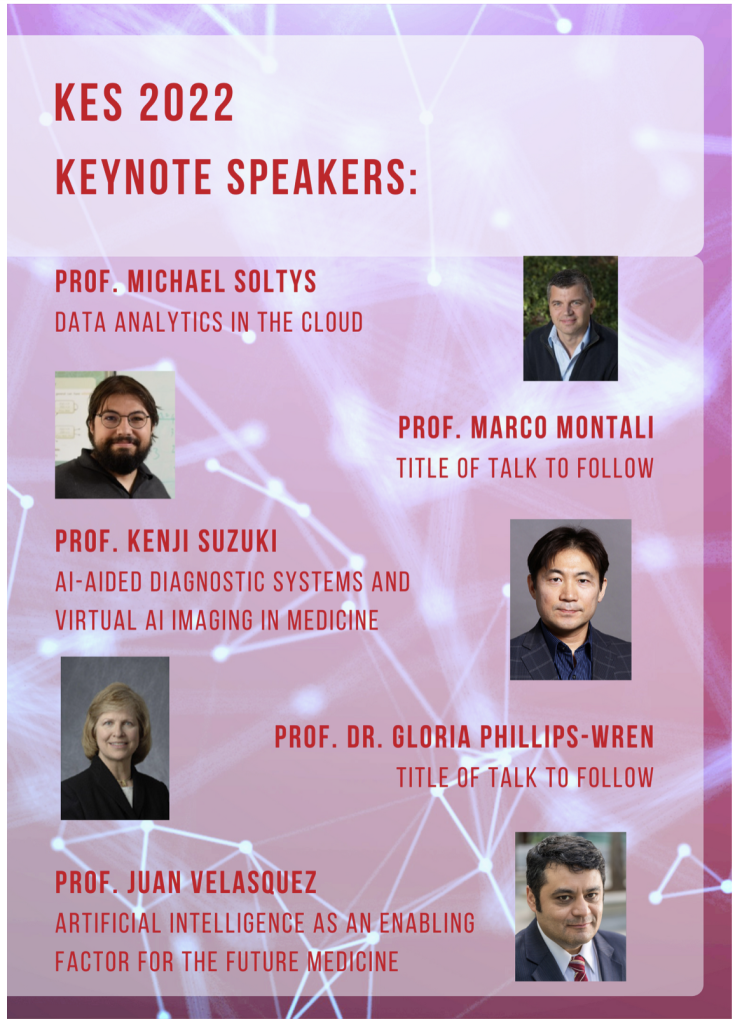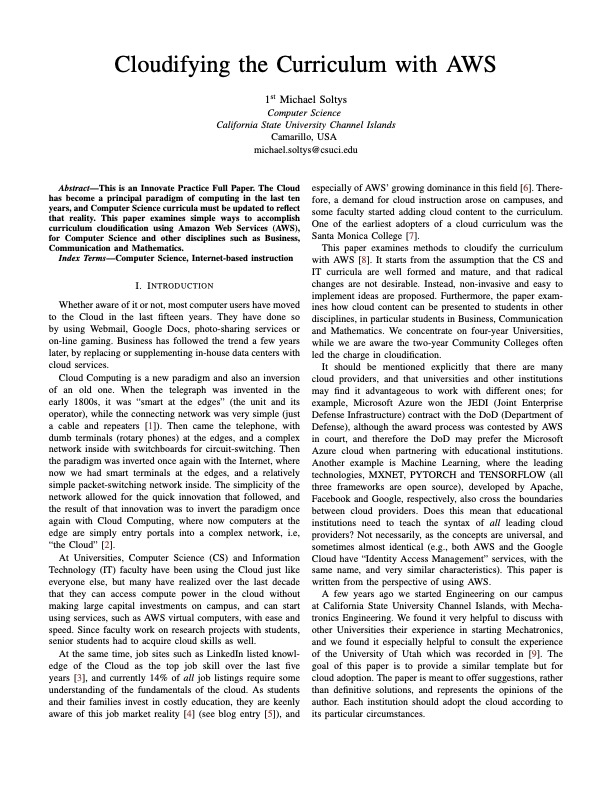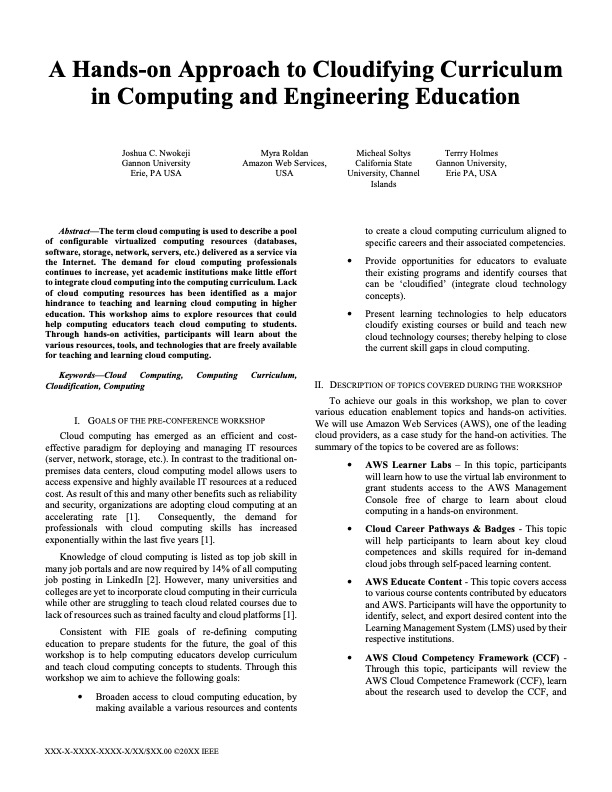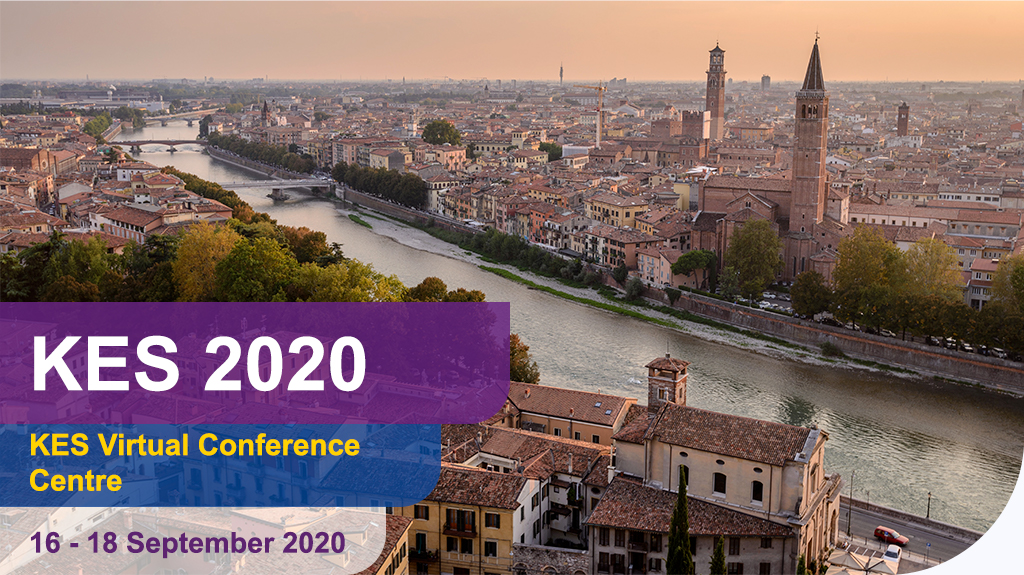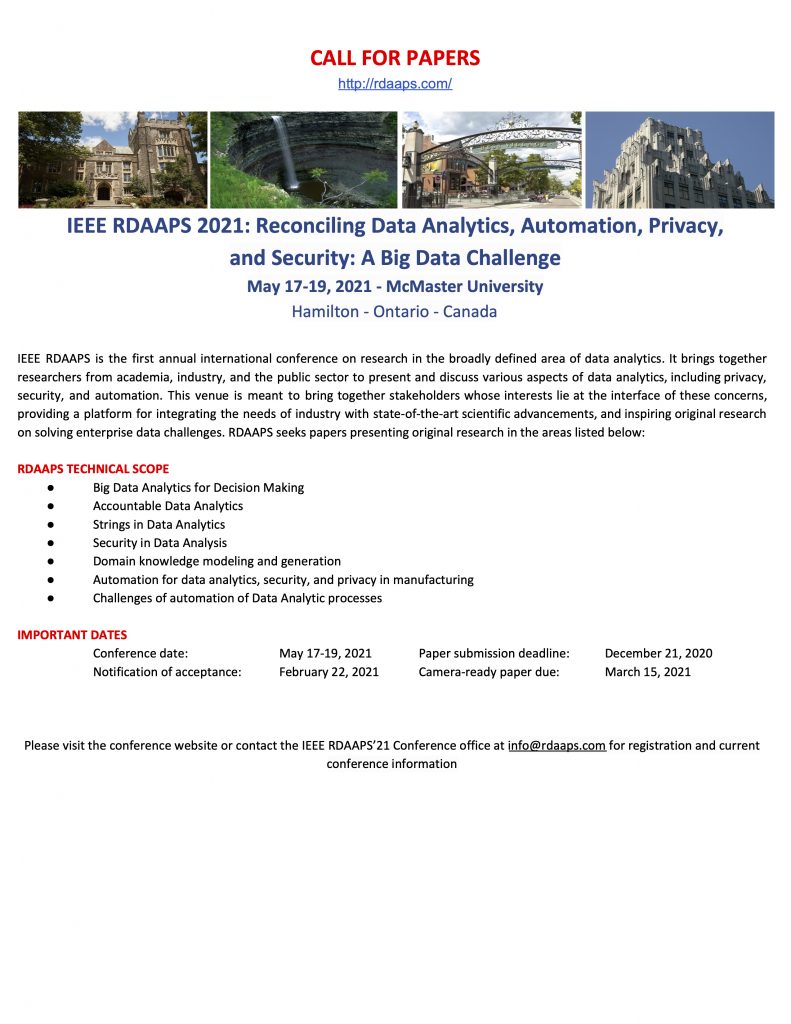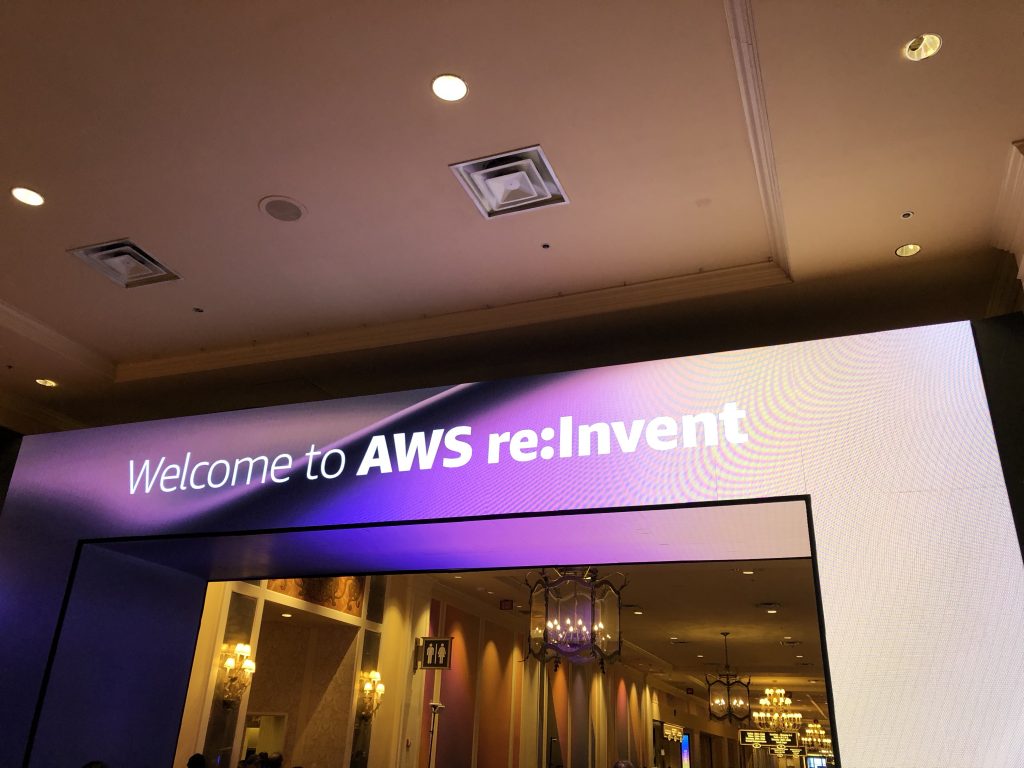Call for papersReconciling Data Analytics, Automation, Privacy, and Security: A Big Data Challenge (RDAAPS) 2020 conference
http://rdaaps.com/conferences/rdaaps20/
July 15 – 17, 2020, McMaster University, Hamilton, ON, CANADA
RDAAPS is the first annual international conference on research in the broadly defined area of data analytics. It brings together researchers from academia, industry, and the public sector to present and discuss various aspects of data analytics, including privacy, security, and automation. This venue is meant to bring together stakeholders whose interests lie at the interface of these concerns, providing a platform for integrating the needs of industry with state-of-the-art scientific advancements, and inspiring original research on solving enterprise data challenges. RDAAPS seeks papers presenting original research in the areas including, but not limited to:
Big Data Analytics for Decision Making– New models and algorithms for data analytics- Scalable data analytics- Optimization methods in data analytics- Theoretical analysis of data systems- Analytical reasoning systems- Decision making under uncertainty- Learning systems for data analytics- Large-scale text, speech, image, or graph processing systems
Accountable Data Analytics– Privacy-aware data analytics- Fairness in data analytics- Interpretable and transparent data analytics- Data analytics incorporating legal and ethical factors
Strings in Data Analytics– Patterns in Big Data- Data compression- Bioinformatics- Algorithms and data structures for string processing- Useful data structures for Big Data- Data structures residing on secondary storage
Security in Data Analysis– Traceability of decision making- Models for forecasting cyber-attacks and measuring impact- Data usage in mounting security threats- Data analytics for better situational awareness
Domain knowledge modelling and generation– Novel ontology representations- Scalability of domain-based reasoning on big data- Modelling and analyzing unstructured data sets
Automation for data analytics, security, and privacy in manufacturing– Application of data analysis in manufacturing- Big data in Industry 4.0- Privacy and security in manufacturing
Challenges of automation of data analytic processes– Case studies of the automation of data analytics processes- Architecture for data analytics and security- Built-in privacy and security in data analytics automation
Submission instructions:Successful papers will address real research challenges through analysis, design, measurement, and deployment of data systems. The program committee will evaluate each paper using metrics that are appropriate for the topic area. All submissions must describe original ideas, not published or currently under review for another conference or journal.
Submissions must follow the formatting guidelines of IEEE proceedings, and be submitted electronically as a PDF file through the EasyChair author interface for the RDAAPS conference (link to follow soon). Submissions not adhering to the specified format and length may be rejected immediately.
The submitted papers can include up to 8 pages in IEEE format, including references, appendices, and figures. Publication:All accepted papers will be published in the IEEE conference proceeding.
Important dates:– Deadline for abstract submission: March 23rd, 2020- Deadline for full paper submission: March 29th, 2020- Notification to authors: May 15th, 2020- Deadline for camera ready version: June 7th, 2020
We look forward to receiving your submissions!
Best regards,
General ChairsM. Jamal Deen, McMaster UniversityRidha Khedri, McMaster University
Steering CommitteeRidha Khedri, McMaster UniversityWendy MacCaull, St. Francis Xavier UniversityMike Grainge, Adlib Software, Vice President Product EngineeringNeerja Mhaskar, McMaster University
Organizing CommitteeRidha Khedri, McMaster University, Local OrganizerNeerja Mhaskar, McMaster University, Local OrganizerAndrew LeClair, McMaster University, PublicistAlicia Marinache, McMaster University, TreasurerHassan Ashtiani, McMaster University, Publication Co-ChairWenbo He, McMaster University, Publication Co-ChairMike Grainge, Adlib Software, Industrial Liaison
Program Committee ChairsArash Habibi Lashkari, University of New BrunswickRidha Khedri, McMaster UniversityNeerja Mhaskar, McMaster University
Program Committee Members (Current confirmed list)Ken Barker, University of CalgarySolon Pissis, Centrum Wiskunde & Informatica (CWI)Wing-Kin Sung, National University of SingaporeAndrew Malton, Blackberry Ltd.Dan Feng, Beijing University of Posts and TelecommunicationsWendy MacCaull, St. Francis Xavier UniversityKamel Adi, Université du Québec en OutaouaisJian Li, Futurewei TechnologiesMaxime Crochemore, King’s College London and Université Paris-EstJason Jaskolka, Carleton UniversityClaude Baron, LAAS-CNRS, INSAFazle Rabbi, University of BergenYan Liu, Concordia UniversityWilliam F. Smyth, McMaster UniversityCostas Illiopoulos, King’s College LondonNoman Mohammed, University of ManitobaLaurence T. Yang, St. Francis Xavier UniversityHideo Bannai, Kyushu UniversityDon Adjeroh, West Virginia UniversityShunsuke Inenaga, Kyushu UniversityNadia Pisanti, Universita di PisaFei Chiang, McMaster UniversityWenbo He, McMaster UniversityHassan Ashtiani, McMaster UniversityJamal Deen, McMaster UniveristyMourad Debbabi, Concordia UniversityGiovanni Livraga, University of MilanMichael Soltys, California State University Channel Islands

